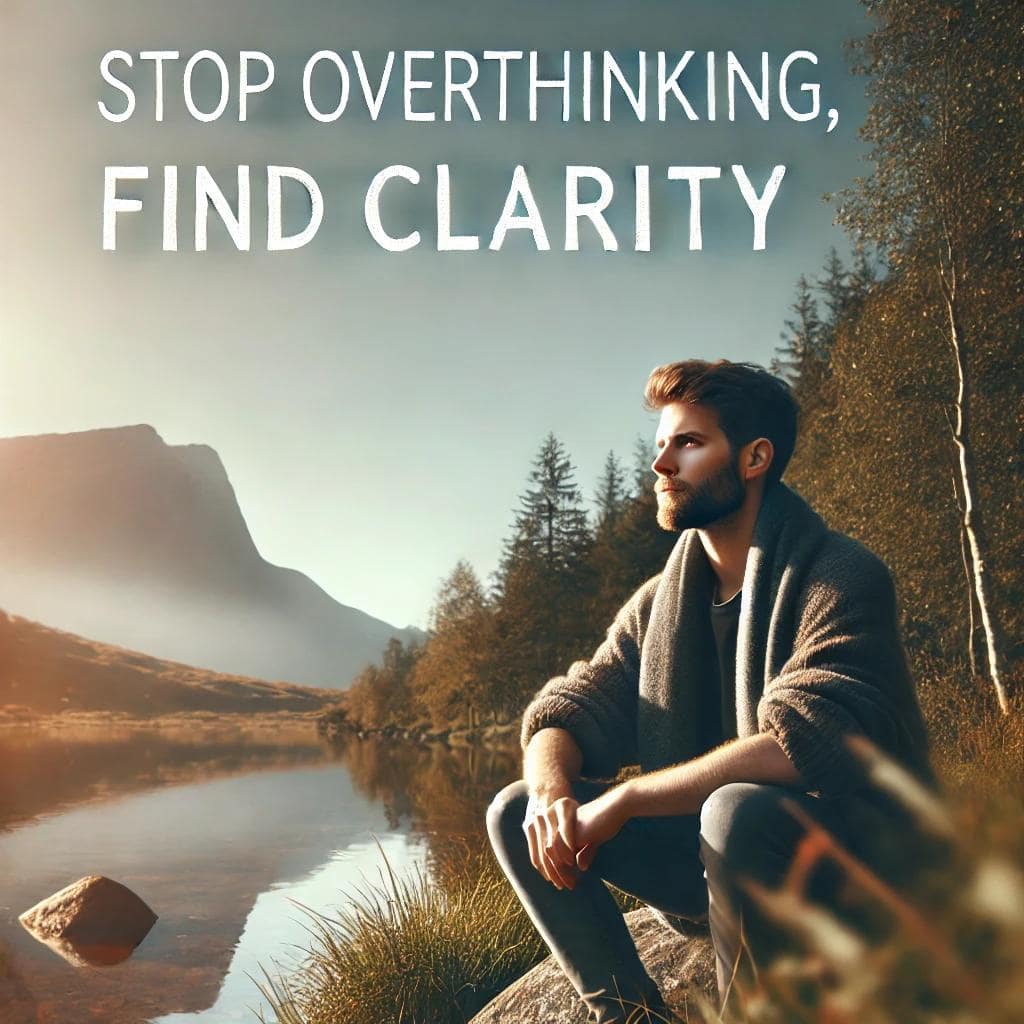Social Media’s Filtered Reality
In today’s hyper-connected world, many have experienced social media anxiety. The platforms are seamlessly woven into the fabric of daily life. We scroll while waiting in line, post before we eat, and “like” instead of calling. But behind the curated photos and carefully worded updates lies an unspoken truth: social media often presents a distorted version of reality. This constant exposure to the “highlight reels” of others can quietly chip away at our self-esteem, increase anxiety, and leave us feeling more disconnected than ever—even as we stay digitally tethered.
This article explores how the curated nature of social media feeds emotional comparison, loneliness, and burnout—and how therapy can help restore a grounded, authentic sense of self.
The Illusion of Perfection: How Social Media Skews Reality
Social media platforms thrive on presentation, not authenticity. What we see are filtered moments—vacations, promotions, smiles at brunch—not the anxiety, conflict, or insecurity lurking underneath.
- Highlight reels vs. real life: We rarely see the mundane or painful moments online. This can lead to the false perception that everyone else is happier, more successful, or more attractive than we are.
- Comparison becomes second nature: Without even realizing it, we measure our lives against others’. “Why don’t I travel as much?” “Why is their relationship so perfect?” These comparisons foster insecurity and a sense of personal inadequacy.
- Likes become validation: Many people begin tying their worth to online engagement—likes, shares, and comments. When validation becomes external, it can damage internal confidence and self-worth.
This distorted lens can be particularly harmful to adolescents and young adults whose identities are still forming. But adults aren’t immune. Many experience shame or self-doubt after scrolling through the carefully curated lives of peers.
Emotional Impacts: Social Media Anxiety, Loneliness, and Imposter Syndrome
While social media connects us digitally, it can deepen emotional distance in real life. This disconnect manifests in several psychological symptoms:
Anxiety and FOMO (Fear of Missing Out)
Social media constantly shows us what we’re not doing. Someone is always celebrating something—a wedding, a promotion, a vacation—which can spark anxiety or a chronic sense of being “behind” in life.
- Example: You log into Instagram after a stressful day at work and see a peer on vacation. Suddenly, your own life feels small and unsatisfying, even if you were content moments before.
- Therapy helps by exploring the origin of these reactions and identifying healthier coping strategies that build emotional resilience and confidence in your life path.
Loneliness Despite Connection
Paradoxically, the more we rely on social media for connection, the more isolated we may feel. Digital interactions don’t offer the same emotional depth or intimacy as real-world relationships.
- Example: A person with hundreds of online followers might still feel unseen, unheard, and unsupported in moments of real crisis.
- Therapy helps by encouraging the development of authentic, reciprocal relationships and increasing social support outside the digital realm.
Imposter Syndrome and Inauthenticity
Seeing everyone else’s success can fuel feelings of fraudulence. You may question your own achievements, assuming they’re not as real or impressive.
- Example: A creative professional sees a peer’s viral post and begins to doubt their own skills, wondering if they’ll ever be “good enough.”
- Therapy helps by breaking down internalized self-doubt and helping clients recognize their strengths apart from external praise.
The Need for External Validation
Many people use social media as a mirror, hoping for reflection and approval. This can lead to a cycle of validation-seeking behaviors:
- Posting for affirmation: Content becomes less about expression and more about affirmation. When a post doesn’t “perform,” it can trigger disappointment or self-rejection.
- Curating identity: People post what they believe will get likes—not necessarily what is real or meaningful to them. Over time, this curated version of self can feel like a costume that’s hard to remove.
- Emotional suppression: Sharing only positive updates may cause people to hide their struggles. The message becomes, “Only the best version of me is acceptable.”
This suppression can create emotional dissonance—where how you feel internally doesn’t match what you present externally. Over time, that gap can widen, contributing to confusion, burnout, and a sense of disconnection from your authentic self.
Therapy as a Path to Authenticity
Counseling offers a space to untangle the emotional effects of life in a filtered world. It’s a place where the real, unfiltered version of you is welcome—no likes or filters required.
Here are several ways therapy supports people struggling with social media stress:
Identifying Social Comparison Triggers
Therapists help clients become aware of specific online content or behaviors that trigger comparison, envy, or shame.
- Example: Realizing that fitness influencers always make you feel “less than” may lead you to unfollow or limit exposure to those accounts.
- Outcome: Instead of spiraling into self-criticism, you begin building awareness and boundaries around digital inputs.
Reclaiming Internal Validation
Therapy supports building self-worth that isn’t tied to others’ opinions.
- Example: You might explore childhood messages about achievement and appearance that now play out through social media use.
- Outcome: You learn to measure your progress and worth using your own values—not metrics designed to manipulate engagement.
Reducing Emotional Dependence on Platforms
Many people turn to social media for mood regulation. Feeling down? Post something funny. Lonely? Check your notifications. Therapy offers healthier alternatives.
- Example: Instead of reaching for your phone after an argument with your partner, you might learn to journal, go for a walk, or reach out to a friend.
- Outcome: Emotional regulation becomes internal and healthier, rather than reactive and superficial.
Practicing Vulnerability and Real-World Communication
Therapy helps clients rediscover the value of face-to-face or voice-to-voice connection, which promotes emotional intimacy and mutual understanding.
- Example: You learn how to share difficult feelings with a friend without needing to frame them in a polished Instagram story.
- Outcome: Relationships deepen, and you feel seen in more meaningful ways.
Healing Body Image and Self-Perception
Therapists often work with clients who struggle with appearance anxiety worsened by filtered and altered images online.
- Example: A person constantly comparing their body to influencers might begin to examine unrealistic beauty standards and build self-compassion.
- Outcome: The focus shifts from appearance to well-being, from perfection to acceptance.
Encouraging Mindful Social Media Use
Therapy doesn’t necessarily require giving up social media—but it does invite more conscious interaction with it.
Here are a few strategies clients often explore in therapy:
- Digital detox periods to recalibrate.
- Curating your feed with content that inspires instead of provokes.
- Creating rather than consuming—using platforms to express creativity or connect, rather than compare.
- Using social media as a tool, not a mirror—it’s there to serve you, not define you.
Counseling Modalities That Support This Work
Different therapy approaches can be tailored to meet the needs of those dealing with social media distress:
- CBT (Cognitive Behavioral Therapy): Helps reframe distorted beliefs like “Everyone is doing better than me” or “If I don’t post, people will forget me.”
- ACT (Acceptance and Commitment Therapy): Encourages mindfulness, values-based living, and learning to accept uncomfortable feelings rather than avoid them.
- EMDR (Eye Movement Desensitization and Reprocessing): For clients who’ve experienced trauma or shame linked to online harassment, bullying, or body shaming.
- Narrative Therapy: Encourages people to re-author their life stories, moving away from the one-dimensional version presented online.
Final Thoughts: You’re Not Alone in Feeling This Way
Feeling anxious, disconnected, or self-critical in the age of curated perfection isn’t a personal failure—it’s a human reaction to a very modern problem.
But help exists.
Therapy creates space to explore these struggles with compassion, insight, and curiosity. It reconnects you with your values, your voice, and your real life—not just your online persona.
If You’re Struggling with Social Media Anxiety …
You don’t have to figure it out alone. A licensed therapist can help you:
- Reclaim your identity beyond the screen
- Build healthier habits around digital engagement
- Strengthen real-world relationships
- Restore emotional balance and authenticity
Because the best version of you isn’t filtered. It’s real.
Meet the Therapist

Jody Morgan, LCSW, CCTP is the founder of the Morgan Center for Counseling and Wellbeing in Boca Raton. He is a compassionate counselor dedicated to helping individuals grow and heal. With extensive training and certifications, Jody specializes in trauma-focused treatments, including focusing on related anxiety, depression, and grief. He works with clients who want to learn how to manage anxiety and grief.
- Licensed Clinical Social Worker (LCSW)
- Certified Clinical Trauma Professional
- EMDR Certified
- Advanced Certificate in Heart-Centered Clinical Hypnotherapy
- Certificate in Inetrgral Breath Therapy (Integration Concepts)
At Morgan Center, Jody Morgan provides private psychotherapy services that lead to lasting relief. His experience and evidence-based techniques help clients overcome the effects of grief, trauma, anxiety and to achieve meaningful change. He has helped countless clients learn to manage anxiety, depression, and to deal with stress. Our treatment services are tailored to meet the specific needs of individuals affected by these issues, offering emotional support and guidance.
Find Us On: Facebook | X | BlueSky















